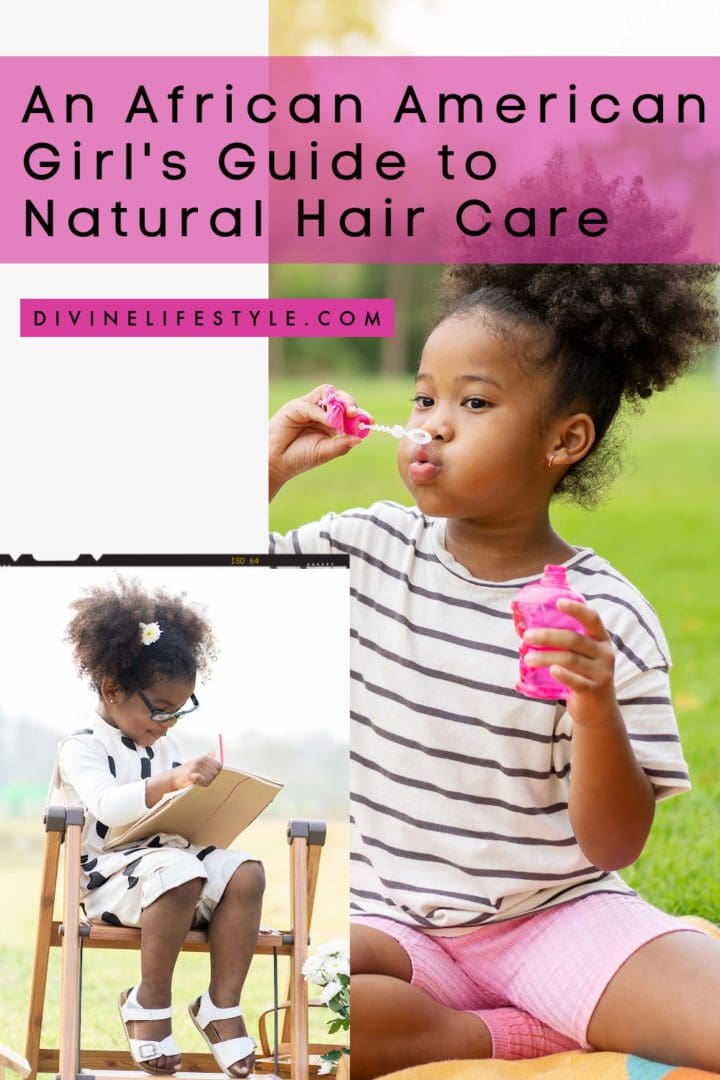ipsy Bag Reveal May 2015
Now that it's May, I bet that you are interested in this month's ipsy box, right? Here is what we thought of the May ipsy box with you! I'm always so excited...
Hairstyles for black girls are not always easy to achieve. In addition, one may even have some emotional wounds from their hair that need to be nurtured. But with the right products and techniques, you can embrace your natural beauty. These tips will help you see yourself in a new light; you'll learn to understand and appreciate the amazing variations among African American hair textures and choose the best strategies for nurturing your curls. We hope that this Hairstyles for Black Girls with Natural Hair post inspires you.

Image from Depositphotos
The media often describes a person's curls as kinky, but that isn't true. African American hair textures can range from tight coils to loose curls. The shape of your hair follicles will influence how closely or loosely your hair is curled and how dense the curls are. The problem with using over-the-counter products made for other hair types is that they often lack the ingredients necessary to nourish your unique texture. Instead of enhancing your volume and bounce, you wind up with dry, dull locks that are likely to break or be difficult to style. First things first, you need to identify your curl type. The current system of curl identification labels them on a scale from 1 through 4 with 1 being the straightest and 4 being the curliest.
The best way to determine your type is to check what your curls look like when they’re soaking wet. This chart will help you determine your type so you can choose better products and care strategies. There is prone to breakage more easily due to a thinner outer layer. This is why having the right shampoo and conditioner is so important. It gives you the added moisture and protection necessary to ensure your hair stays as healthy and strong as possible.
Porosity defines your hair's ability to absorb and retain moisture, and it's impacted by factors like your curl type, curl density, and the products you use. Because the outer layer of a strand, called the cuticle, impacts porosity, you might frequently suffer from dryness. Heat damage and chemical treatments can lower porosity even further, which is why so many women struggle to grow their natural hair. Moisturizing and healing the follicles will be crucial to encouraging growth and preventing breaking.
If you want to repair damaged curls, then you may want to curb excessive washing and go down to once a week. You can still bathe every day or other day, but use a shower camp. You may think adding water will help improve moisture, but it can have the opposite effect. Shampooing too frequently removes the natural oils from your scalp. This leads to dandruff, itching, and overall dryness that impacts texture. Once or twice a week is generally enough for most people, but you may need to wash more often if you exercise and sweat heavily or have a skin condition. Working with a dermatologist can help you determine the best wash schedule for your scalp health.
If you want to embrace your natural hair, then you should look for natural hair care products that suit your hair type. From shampoos and conditioners to hydrating treatments, organic products are best because they use real ingredients. Jojoba oil and shea butter are excellent for deep conditioning and moisturizing. You should also reduce any type of harsh combing by only gently brushing after a shower. At night, make sure you remove any bands or ties and sleep on a soft pillowcase, preferably something like silk or satin. During the day, avoid any super-tight styles and instead embrace a loose, airy look that eases pressure on your follicles.

Image from Depositphotos
How To Get the Perfect Straight Hair With a Hair Straightener
We hope that this Hairstyles for Black Girls with Natural Hair post inspires you. Happy styling!
